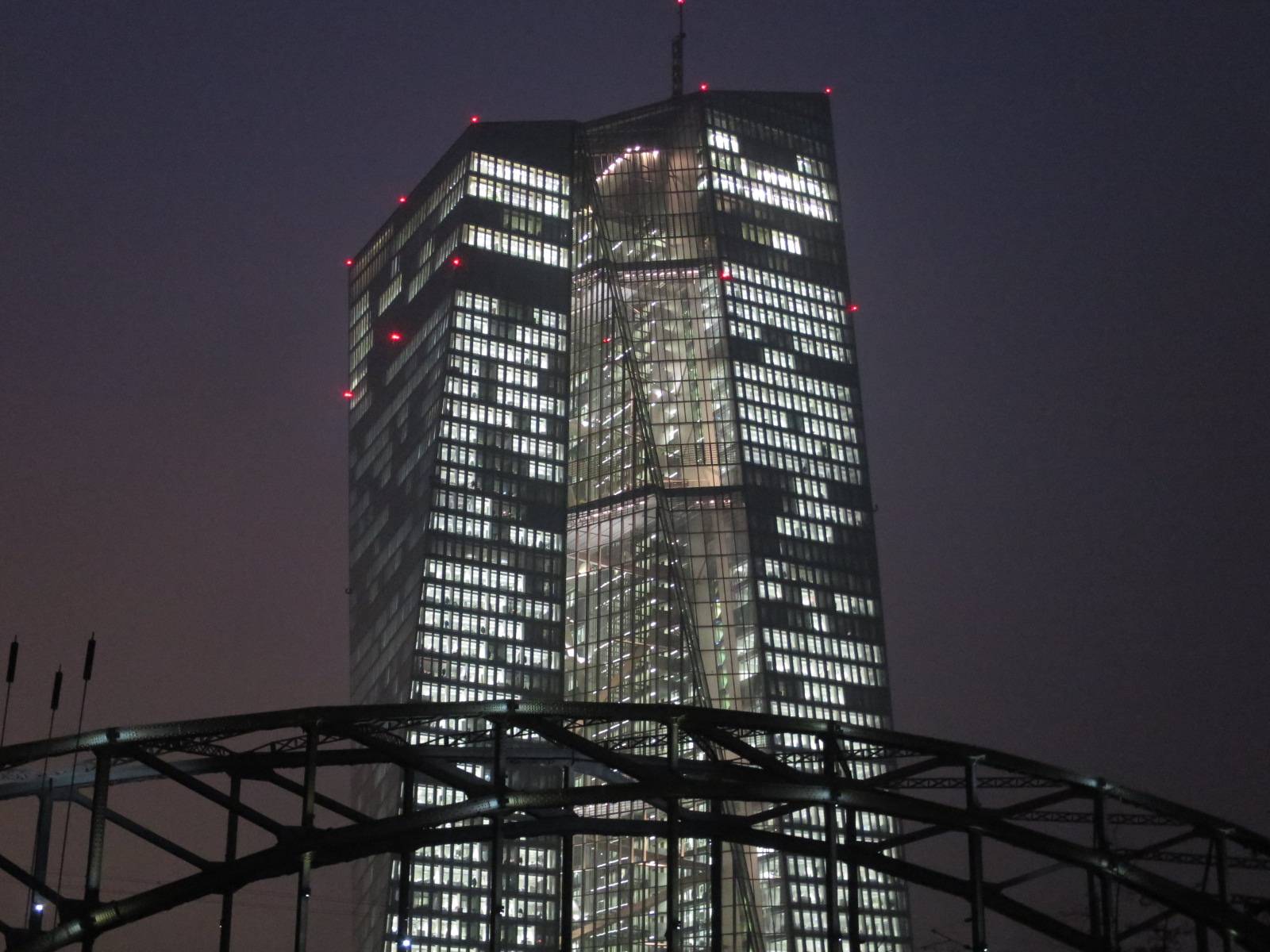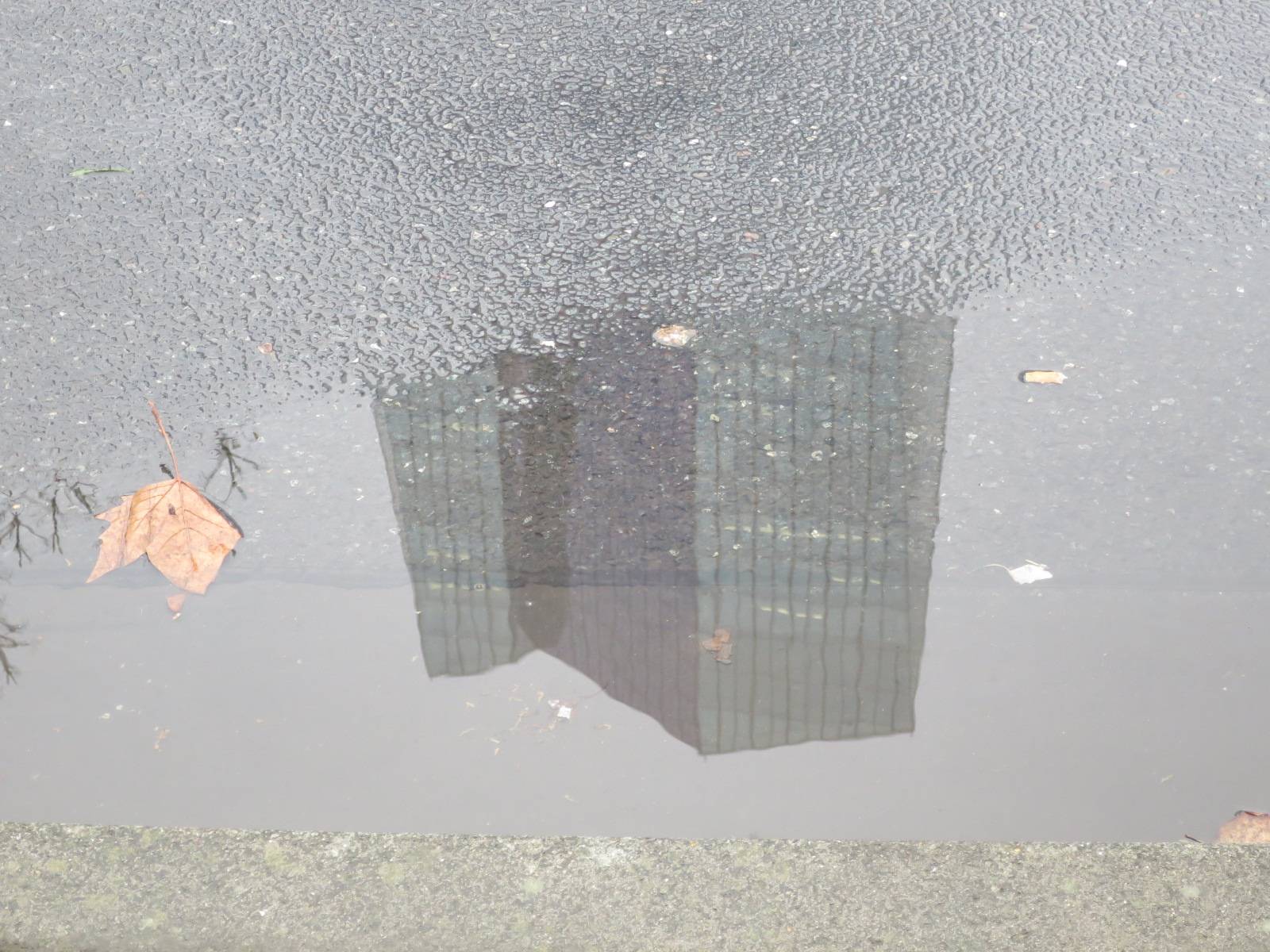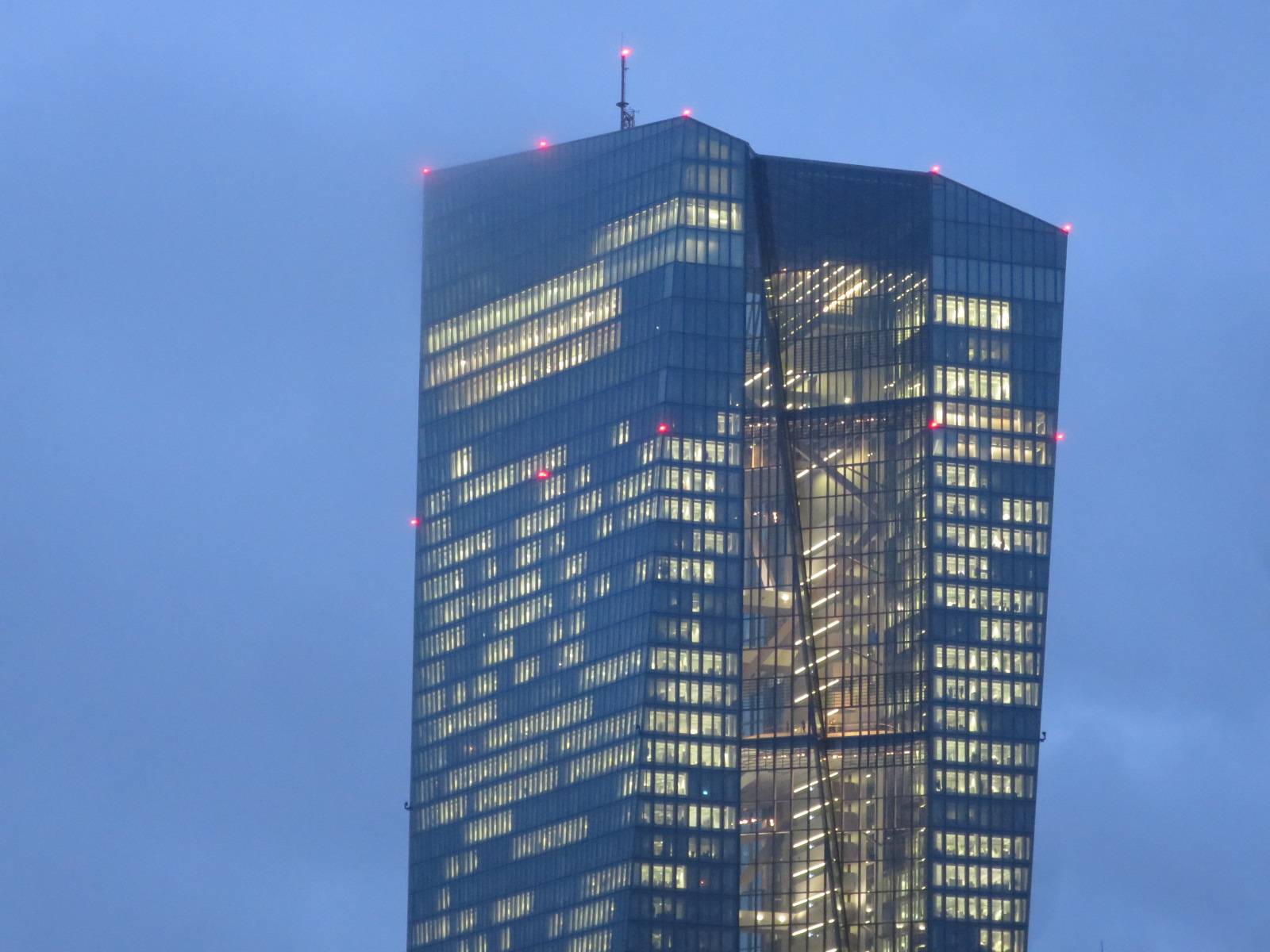BRICS-Staaten und multipOlare Weltordnung
Auf dem Gipfel der BRICS-Staaten in Südafrika wurde festgelegt, dass zu den fünf ursprünglichen BRICS-Mitgliedern – Brasilien, Russland, Indien, China und Südafrika – im nächsten Jahr Saudi-Arabien, die Vereinigten Arabischen Emirate, Ägypten, der Iran, Äthiopien und Argentinien ghinzukommen. Auffallend ist […]
BRICS-Staaten und multipOlare Weltordnung











